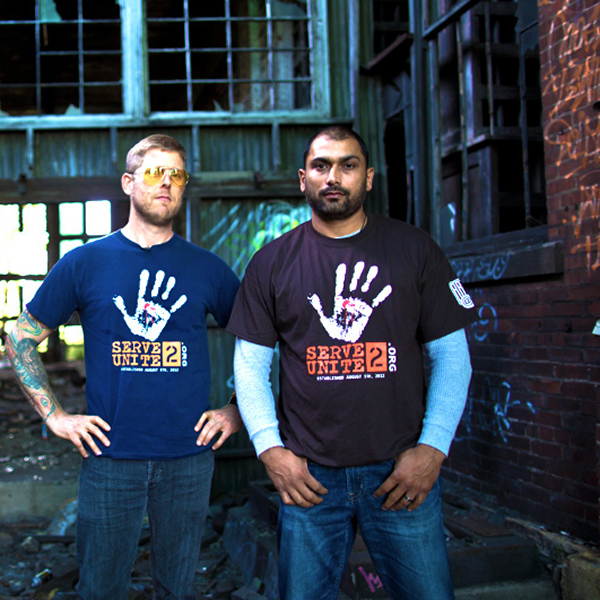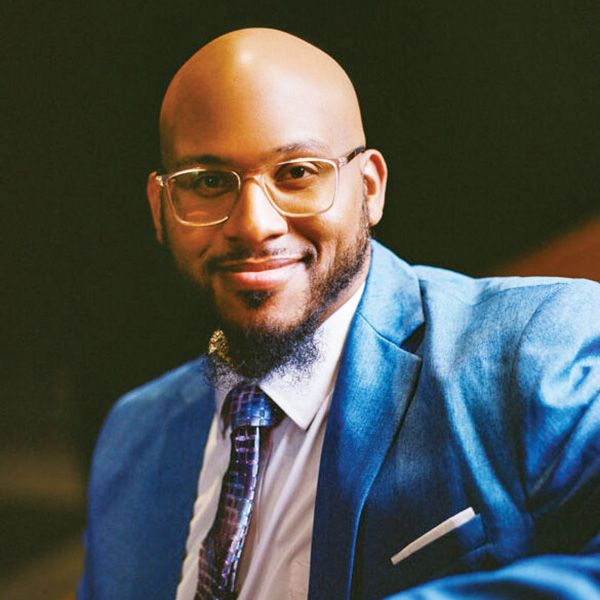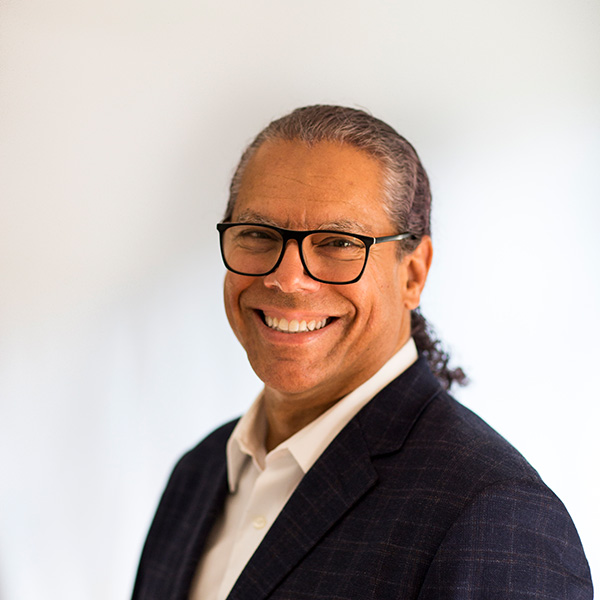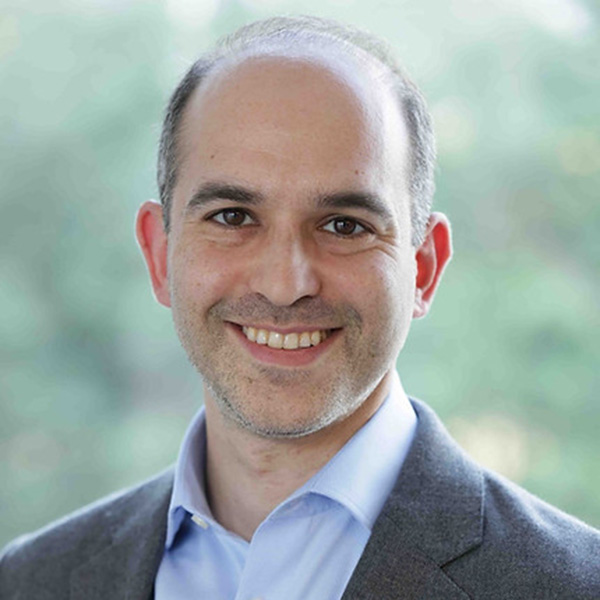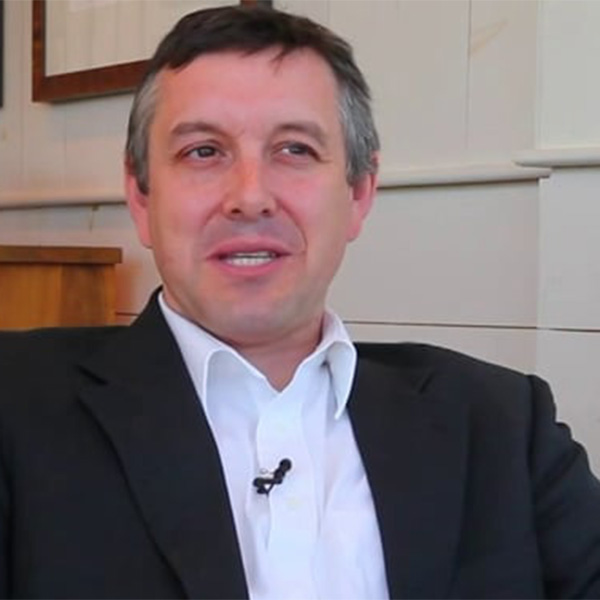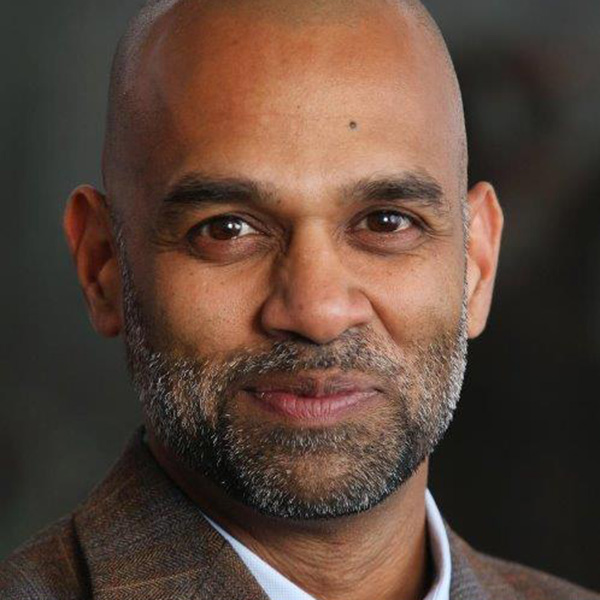This series of sessions designed to bridge personal and political divides will bring students, faculty, and staff together to explore strategies for having more effective dialogues about things that matter.
About Conversations for Change
Story after story demonstrates how political polarization on college campuses has made constructive conversation across difference more challenging than ever. But college campuses are precisely where those conversations are most needed. They are fundamental to education—to intellectual and personal growth, and to finding bold solutions to the complex problems that plague our nation and the world.
Gettysburg College has both the opportunity and the responsibility to address this challenge head-on. Since its inception, Gettysburg College has stood for freedom of expression. Our rich institutional heritage challenges us to engage in and provide leadership for addressing the critical social and political issues of our time. This can only be accomplished by deeply engaging our diverse campus community in a series of conversations designed to bridge personal and political divides. We are uniquely positioned to model the possibility and the necessity of seeing the humanity in one another, even when we disagree.
Conversations for Change will engage our campus community and beyond through the following programs:
- Dialogue Skill-Building: Dialogue facilitation workshops will teach our students, faculty, and staff to initiate and manage conversations about challenging topics. Participants will come away from these workshops with an enhanced ability to listen and ask questions so that they may better understand another’s perspective and where it comes from, as well as to communicate one’s own perspective in the most constructive way possible.
- Speakers and Panels: These events will feature faculty, students, and external guests that speak to the complexity of current events. Potential speakers include Braver Angels, the American Bar Association Task Force on American Democracy, Common Ground USA, Bipartisan Policy Center, and a debate between members of Gettysburg student political organizations.
- Campus community engagement activities: Democracy requires active participation. We will provide opportunities for our students, faculty, and staff to actively contribute to the shaping of the Conversations series by designing and implementing their own innovative projects, funded by College-awarded mini-grants. Additionally, we will be working with groups of students over the summer to draft a “commitment to conversation” pledge that campus community members may choose to sign at the start of the fall semester, design a news literacy challenge, and coordinate a voter registration drive.
- Partnership with the Institute for Citizens & Scholars’ College Presidents for Civic Preparedness initiative: President Iuliano is one of 99 college presidents from across the country who have joined forces to advance civil discourse in higher education. The partnership gives Gettysburg access to faculty development workshops, national conversations, and other resources focused on advancing critical dialogue on our campuses and beyond.
